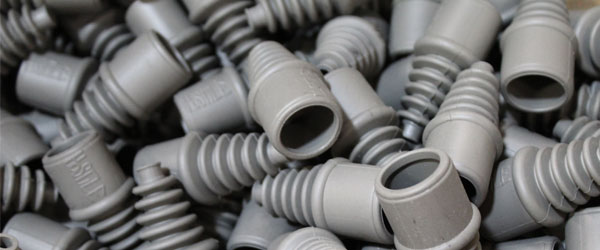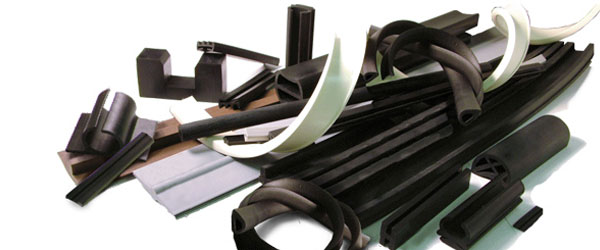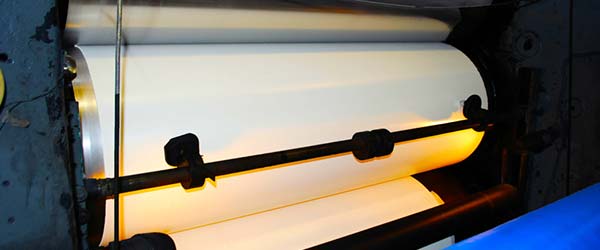Automation and autonomation are two related but distinct concepts in the field of manufacturing and production.
Automation refers to the use of technology and machinery to perform tasks that were previously done by human workers. This can include robotic arms on an assembly line, automated conveyor belts, and computer programs that control machines. The goal of automation is to increase efficiency and productivity while reducing labor costs and errors.
On the other hand, autonomation (also known as “jidoka” in Japanese) refers to a specific type of automation that involves building intelligence into the production process to detect and prevent defects or errors. Autonomation systems use sensors, cameras, and other technology to monitor the production line and automatically stop the process if a problem is detected. This helps to ensure that only high-quality products are produced and prevents defects from being passed down the line.
In summary, automation is the use of technology to perform tasks that were previously done by humans, while autonomation is a specific type of automation that involves building intelligence into the production process to prevent defects and improve quality.
 (909) 987-1774
(909) 987-1774 Email Us
Email Us







